Gold Coast Building Inspection Services
Are you in the market for a new property on the Gold Coast? Don’t let hidden defects and potential hazards catch you off guard!
At SEQ Inspections, we provide comprehensive building inspections that leave no stone unturned.
Our licensed and experienced inspectors use advanced tools and techniques to identify any defects or issues with the property, giving you the peace of mind you need to make an informed decision. And with our fast turnaround time, easy-to-understand reports, and competitive pricing, you won’t find a better value for your money.
So why wait?
Contact us today and take the first step towards safeguarding your investment and your family’s safety!
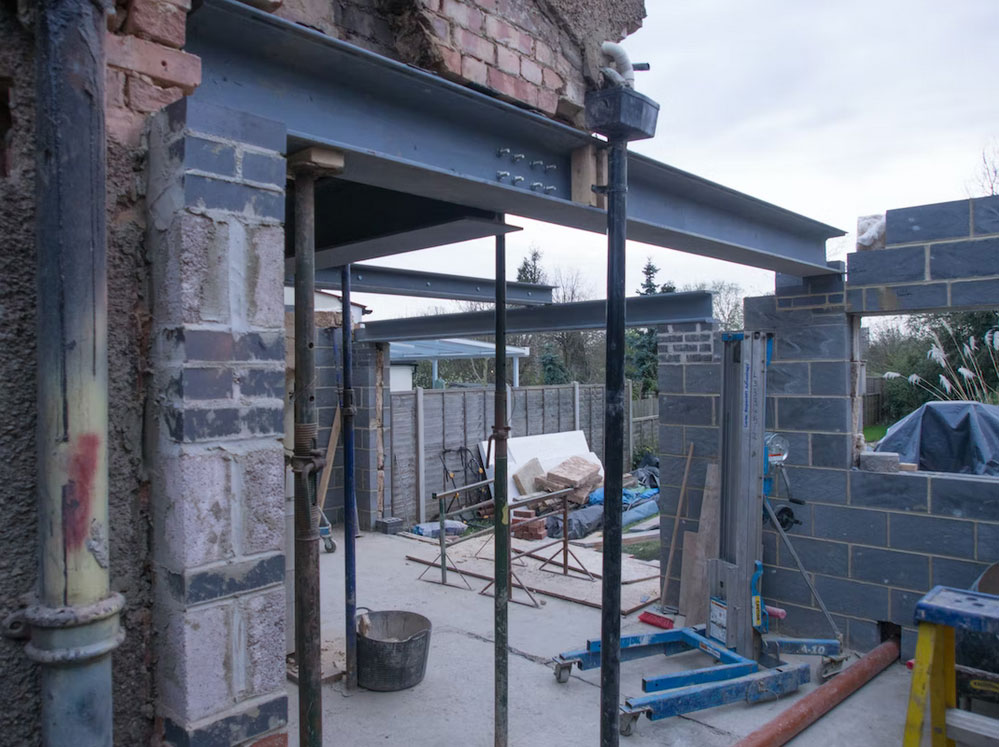
What's included in our Gold Coast Building Inspection report
Before you decide to buy a property, a house inspection report from SEQ Inspections will evaluate the conditions of your potential property, giving you the peace of mind that you’re making the right decision.
It is a comprehensive report that includes all the information you require, such as a description of the property and the building materials used to construct it. Our experts conduct an inspection to warn you of any severe structural and other damage and inform you of the work that must be done.
Our report will include accessible areas of the property including:
- Interior
- Exterior brickwork and cladding
- Roof coverings
- Gutters, Eaves, fascia and roof areas
- Window and door frames/glazing
- Wet areas for leaks & water damage
- Kitchen and bathroom cupboards
- All internal walls, cornices and ceilings
- Garage, carport and garden shed
- Painting and timber coatings/staining
- Floor coverings throughout
- Testing of taps and drainage pipes
- Kitchen and bathroom cupboards
Equipment used for our Gold Coast Building Inspections
The SEQ Inspections team is here to make you feel completely certain that your current or future property is in the condition it should be in. Not all problems can be identified by sight and experience alone. There are numerous possible problems that need specialised equipment to identify. To make sure that nothing is overlooked, we employ inspection-specific technologies.
Spirit Level & Laser Levels
To identify any motion within the properties framework

Humidity and moisture detectors
to inspect for or detect possible future water damage

Thermal imaging equipment
give you physical evidence when something is amiss in your home or commercial building, such as leaks or hot spots.
Calibrated radio devices
to inspect walls and difficult-to-reach locations for termites and ants
Multimeters
to recognise different electrical fault signs

Reporting Software
We use quality software to produce detailed reporting for your peace of mind.
Gold Coast Building Inspections Gallery
A selection of photos showcasing the services carried out during a typical building inspection on the Gold Coast.
Book a Gold Coast Building Inspection
Our professional team is standing by to get your next building inspection report started ASAP! Every second you wait can cause greater delays with your property purchase. So call us now!
- 07 3102 1920
FAQ's about Gold Coast Building Inspections
Find out all there is to know about a building inspection on the Gold Coast.
What is a building inspection, and why is it necessary?
So, a building inspection is basically a checkup for your property. It’s like going to the doctor for a physical, but for your house or building. An inspector comes in and looks for any issues or potential problems with things like the foundation, roof, electrical systems, plumbing, and more. It’s necessary because it can help you avoid surprises down the road, like expensive repairs or safety hazards. Plus, if you’re buying a property, it’s a good idea to get an inspection done so you know what you’re getting into and can negotiate repairs or a lower price if necessary.
How much does a building inspection on the Gold Coast cost?
The cost of a building inspection on the Gold Coast can vary depending on a few factors. Generally, it will depend on the size and age of the property, as well as the level of detail you want in the report. You can expect to pay anywhere from a few hundred to over a thousand dollars for a thorough inspection. It might seem like a lot of money, but it’s important to remember that it’s an investment in your property’s future. Plus, it can help you save money in the long run by catching potential issues early on. Just be sure to shop around and compare prices from different inspectors to get the best deal for your needs.
What does a building inspection cover?
A building inspection covers a comprehensive assessment of a property’s condition, focusing on its structural integrity, safety, and functionality. During the inspection, the inspector will assess the property’s major systems, including the foundation, roofing, plumbing, electrical, and heating/cooling systems. They’ll also check for signs of water damage, pest infestations, and any other potential issues. In addition, the inspector will look for any building code violations or safety hazards that could affect the property’s occupants. The result of the inspection is a detailed report that outlines the findings and recommendations for repairs or further assessments if needed. Overall, a building inspection is a crucial step in identifying any issues or risks with a property before buying, selling, or investing in it.
Can I attend the building inspection?
It’s generally recommended that you attend a building inspection if possible. Attending the inspection allows you to see firsthand any issues the inspector finds, and to ask any questions you might have about the property. It’s also an opportunity for the inspector to provide you with tips and recommendations on how to maintain the property going forward. However, it’s important to remember that the inspector’s priority is to perform a thorough and objective inspection, and they may need to concentrate on their work without interruption. So, it’s best to ask the inspector in advance if it’s okay to attend and if there are any restrictions or requirements you should know about. If you can’t attend the inspection, most inspectors will provide you with a detailed report that outlines their findings and recommendations.
How long does a building inspection take?
The length of a building inspection can vary depending on the size, age, and complexity of the property being inspected. Generally, a building inspection can take anywhere from 1-3 hours to complete. However, some larger or more complex properties may take longer, while smaller properties may take less time. It’s important to remember that the inspector’s main goal is to perform a thorough and comprehensive inspection, so they may need additional time to examine certain areas or systems more closely. After the inspection, the inspector will provide you with a detailed report that outlines their findings and recommendations. The report will usually be delivered within 24-48 hours of the inspection. If you have any questions about the inspection or the report, don’t hesitate to ask the inspector for clarification.
When should I get a building inspection done?
It’s generally recommended that you get a building inspection done before buying or selling a property. If you’re a buyer, you’ll want to get an inspection done before finalizing the purchase to ensure that you’re aware of any potential issues or defects in the property. This will help you make an informed decision and negotiate any necessary repairs or adjustments to the sale price. If you’re a seller, it’s a good idea to get an inspection done before listing your property so that you can identify any issues upfront and address them before potential buyers see them. This can help you avoid any last-minute surprises or negotiations during the sale process. In addition, it’s a good idea to get a building inspection done periodically if you own a property, even if you’re not planning to buy or sell it. This can help you identify any issues early on and address them before they become more serious or costly to repair.
Who should conduct the building inspection?
A building inspection should be conducted by a qualified and licensed building inspector who has the necessary training and experience to identify potential issues or defects in a property. In Australia, building inspectors are required to have a license issued by the Queensland Building and Construction Commission (QBCC). When choosing an inspector, it’s important to ensure that they have a valid license and are familiar with the specific regulations and standards that apply to building inspections in your area. You may also want to look for an inspector who has professional indemnity insurance, which can provide additional protection in case of any errors or omissions in the inspection report. You can find qualified building inspectors through online directories or by asking for recommendations from friends, family, or real estate professionals. Before hiring an inspector, be sure to ask about their qualifications, experience, and pricing, and request references or examples of previous inspection reports.
What happens if the building inspection uncovers issues?
If a building inspection uncovers issues, the next steps will depend on the specific situation and the nature of the issues. If you’re a buyer, you may be able to negotiate with the seller to have the issues repaired or to adjust the sale price to reflect the cost of repairs. Alternatively, you may decide to walk away from the sale if the issues are too significant or costly to address. If you’re a seller, you may need to address the issues before listing the property, or you may need to adjust the sale price to reflect the cost of repairs. In some cases, if the issues are serious or pose a safety risk, the inspector may recommend that you seek further evaluation or repairs from a qualified specialist or tradesperson. In any case, it’s important to carefully review the inspection report and discuss the findings with your real estate agent or legal representative to determine the best course of action. It’s also worth noting that some issues may be minor and can be addressed relatively easily, while others may be more significant and require more time, money, or expertise to repair.
How can I prepare for a building inspection?
There are several things you can do to prepare for a building inspection:
Make sure the property is easily accessible: Clear any clutter or obstacles that may block access to the property, such as furniture, boxes, or other items. Ensure that all areas of the property, including the roof and crawl spaces, are accessible.
Provide any relevant documents: If you have any documentation related to the property, such as building permits, renovation plans, or maintenance records, make sure to provide them to the inspector.
Be present or available during the inspection: If possible, be present during the inspection to answer any questions the inspector may have and to provide access to the property. If you can’t be there in person, make sure to provide the inspector with your contact information so they can reach you if needed.
Check for any visible issues: Before the inspection, take a walk around the property and check for any visible issues, such as leaks, cracks, or damage. This can help you identify any areas of concern that you can discuss with the inspector.
Ask questions: Don’t be afraid to ask the inspector any questions you may have about the inspection process, their qualifications, or their findings. The inspector is there to help you make an informed decision about the property, so it’s important to fully understand their report and recommendations.
By taking these steps, you can help ensure that the building inspection goes smoothly and that the inspector has all the information they need to provide an accurate and comprehensive report.
Building Inspection Articles
Learn more about managing and protecting your property.
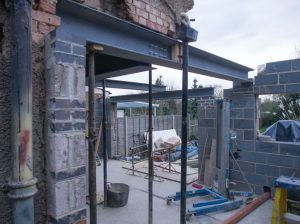
The Dangers of Skipping Building Inspections in Queensland
Are you planning to build or renovate a property in Queensland? If so, you may be tempted to cut corners to save time and money,

The Importance of Hiring a Qualified Building Inspector on the Gold Coast
When it comes to buying or selling a property on the Gold Coast, a building inspection is a crucial step in the process. However, not

The Role of Thermal Imaging in Building Inspections on the Gold Coast
As technology advances, so do the methods for detecting potential issues during a building inspection. One such technology is thermal imaging, which has become an

The Benefits of Regular Building Inspections for Gold Coast Property Owners
As a property owner on the Gold Coast, it’s essential to keep your property in good condition. Regular building inspections are a valuable tool for